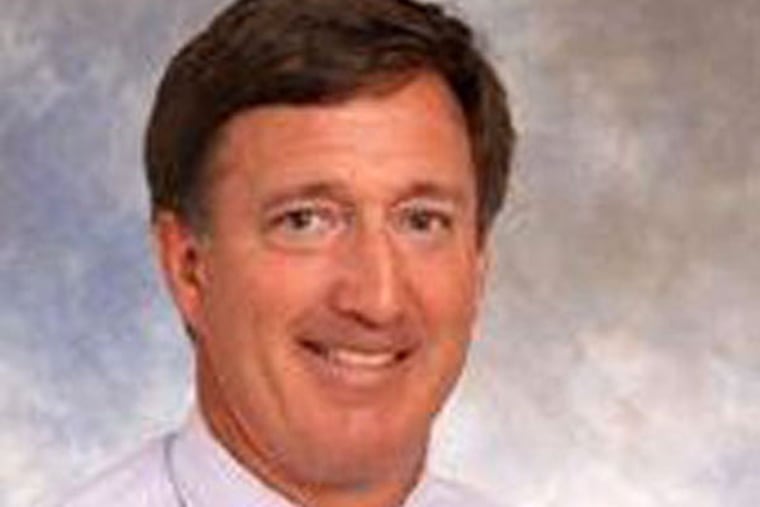EPA: Pesticide that sickened Delaware family also used improperly in Puerto Rico
The federal investigation into the improper use of a pesticide that apparently poisoned a Delaware family vacationing in the U.S. Virgin Islands has expanded west to another Caribbean island, Puerto Rico.

The federal investigation into the improper use of a pesticide that apparently poisoned a Delaware family vacationing in the U.S. Virgin Islands has expanded west to another Caribbean island, Puerto Rico.
The Environmental Protection Agency reported Thursday that there was evidence that the pesticide, methyl bromide, had been used improperly "at various locations" in Puerto Rico. However, officials were unable to further characterize the settings - whether they were residences, resorts, or other locations.
"I can just tell you that we're looking at potential illegal applications, so it wouldn't be an agricultural use. It's instances where it should not be applied," said Judith Enck, EPA administrator for the region that includes the Virgin Islands and Puerto Rico.
The latest discovery was made after the agency determined that the pesticide used in the Virgin Islands - in more than one instance and location, officials have discovered - came from two licensed distributors in Puerto Rico. The EPA then notified the Puerto Rico Department of Agriculture, which sent inspectors to pesticide-application companies, including Terminix, identified as the company that sprayed the chemical in the condominium on the island of St. John where the Delaware family was staying.
"Once we confirmed that the methyl bromide came from two licensed distributors in Puerto Rico, the next logical question was, we know it's been used in the Virgin Islands, do we know it's been used in Puerto Rico? So we expanded our investigation," Enck said.
Local and federal officials are fanning out, inspecting pest-control companies on the island, she said. "We can talk to business owners, we can request records, we certainly can determine if they have canisters on site," she said.
"Indeed, we found evidence it was used improperly in Puerto Rico at various locations," Enck said.
Enck also said her agency was working with authorities in Puerto Rico to determine if any injuries or illnesses had been reported that would suggest exposure to methyl bromide. "We certainly are not aware of anything similar to what we've learned about in the Virgin Islands," she said.
Stephen Esmond, an administrator at the Tatnall School in Wilmington; his wife, Theresa Devine, a dentist; and their two teenage sons, who attend Tatnall, became seriously ill two days after methyl bromide was sprayed in a condominium under the one in which they were staying. On March 20, paramedics were called to the condo, where they found Esmond unconscious and the three other family members having seizures. The family initially was treated in the Virgin Islands and then airlifted closer to home.
An update on their conditions was not available Thursday evening, but a spokesman for the family reported a week ago that while Devine had been released from the hospital, the others were still hospitalized and the boys were still in comas.
The pesticide, a neurotoxin, has been banned in many countries. The United States allows certain agricultural uses, but since 1984 it has not been legal to apply it in residential settings.
Enck said that the only permissible use in Puerto Rico involved fumigating crates of commodities that come into its ports. Only two companies, which she did not name, are authorized to use it for these quarantine settings.
"So if you're not one of those two, and you've got methyl bromide on site, that's going to be a question," she said.
On Tuesday, the Puerto Rico Department of Agriculture issued a legal order requiring all certified pesticide applicators to inform the department 36 hours in advance of any spraying and get department approval before continuing with the spraying.
Enck called it "a good order that will help with the situation."
The U.S. Department of Justice has begun a criminal investigation into the incident.
Virgin Islands newspapers have reported that other companies on the two other islands of the territory, St. Thomas and St. Croix, had stocks of the pesticide. The governor of the U.S. Virgin Islands, Kenneth Mapp, said at a news conference this month that he would not reveal the names of the additional companies that possessed or used the pesticide until a final report was issued, according to the Virgin Islands Daily News.